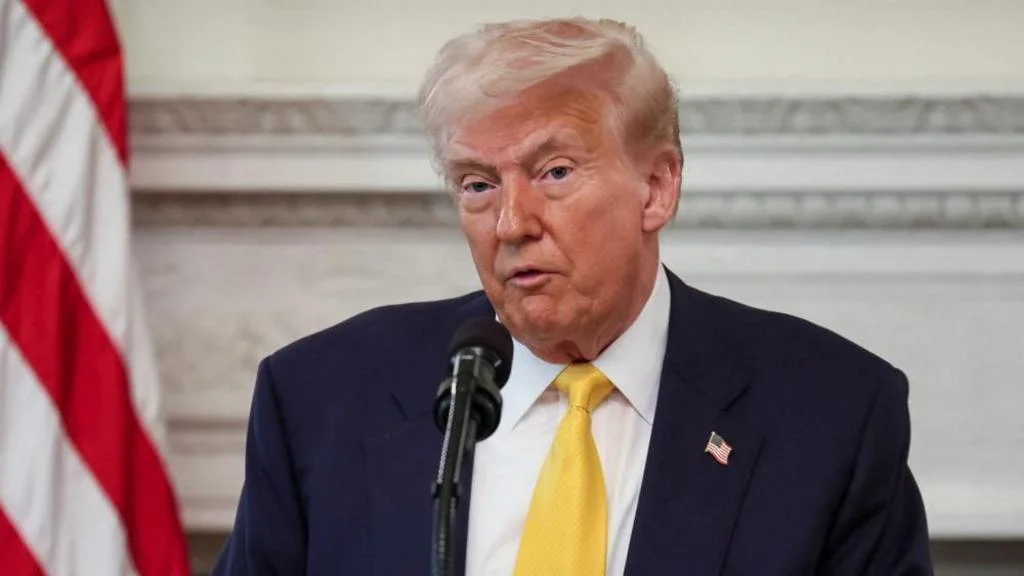The United States has reached bilateral deportation agreements with Honduras and Uganda as part of President Donald Trump’s immigration crackdown, according to official documents obtained by CBS.
It says that Uganda has agreed to accept an unspecified number of African and Asian migrants who claimed asylum at the US-Mexico border, while Honduras will receive several hundred deportees from Spanish-speaking countries.
These agreements form part of Washington’s broader push to get other nations to host migrants who are not their citizens.
Human Rights Concerns
Human rights groups have condemned the policy, warning that deported migrants could face serious risks in countries with poor rights records.
- Uganda will accept deportees only if they have no criminal history, but the number remains unclear.
- Honduras has agreed to take in migrants for two years, including families with children, and may accept more in the future.
Activists say such transfers may violate international law by sending people to places where they could face harm.
Wider US Deportation Strategy
These latest agreements are part of a global deportation campaign under the Trump administration:
- Last week, the US signed a “safe third country” deal with Paraguay.
- Rwanda has agreed to take up to 250 migrants but will approve each case individually.
- Panama and Costa Rica have also agreed to receive hundreds of deported migrants.
The administration has reportedly approached Ecuador and Spain with similar proposals.
Legal and Political Backdrop
The crackdown follows a Supreme Court ruling in June that cleared the way for the US to deport migrants to countries other than their homeland without giving them the chance to challenge potential dangers.
Three justices — Sonia Sotomayor, Elena Kagan, and Ketanji Brown Jackson — dissented, calling the ruling a “gross abuse.”
Despite strong criticism from UN rights experts and international advocacy groups, Trump has pressed ahead, making mass deportations a key part of his second-term agenda.




















